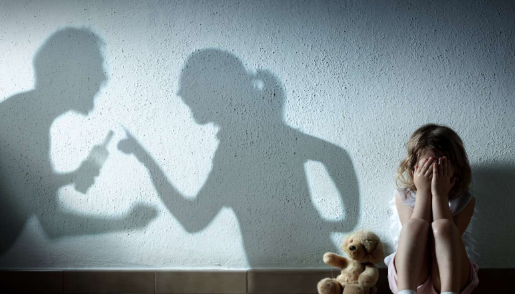How Children Become the ‘Fixers’ of Broken Families
In many families struggling with conflict, emotional pain, or instability, it’s common to see a child quietly step into a role no child should have to play, the “fixer.” These kids become the emotional caretakers, peacekeepers, and silent heroes trying to hold the family together. But what happens when a child carries that heavy burden? How do they even become the fixer in the first place?
As a therapist, I’ve worked with many adults who grew up feeling like they had to be the strong one, the responsible one, the “glue” in broken families. This blog explores how children become fixers, what that means psychologically, and why it’s not a healthy or fair role for any child.
It Doesn’t Happen All at Once
No child wakes up and decides to be the “fixer.” It happens quietly, over time. A parent breaks down, and the child offers comfort. Tension fills the house, and the child makes a joke to ease the mood. These small acts build up, and the child starts to believe, “If I hold everything together, maybe the family will be okay.” This role becomes a heavy responsibility carried in a small body, often without anyone even realizing it.
It Comes From Love, But Also Fear
Children don’t step up because they want to be strong; they step up because they’re scared. Scared of losing a parent, scared of the fights, scared of being alone. They become the peacekeeper, the listener, the helper—not because they choose to, but because they feel like they must. In their minds, fixing others is a way to protect themselves and the people they love.
It Becomes Their Identity
When a child is repeatedly praised for being “mature” or “responsible,” they begin to believe their value depends on being helpful. They hide their pain and needs, becoming the “strong one” everyone depends on. But inside, they often feel exhausted and invisible. Being the fixer becomes less of a choice and more of who they think they are—a role built on emotional survival, not true strength.
What Happens in Their Mind
This process is called parentification—where a child takes on adult emotional roles. They become hyper-alert to family tensions, blending their own feelings with those of their parents. They learn that love and acceptance come only when they fix, please, or protect others. This creates a deep pattern of conditional self-worth that’s hard to break.
The Cost of Carrying the Weight
Fixer children often grow up feeling responsible for everyone else’s happiness but ignoring their own. They struggle to set boundaries, feel guilty for resting, and find it hard to ask for support. They become caregivers and helpers but rarely the helped. This long-term emotional toll can lead to burnout, anxiety, and difficulty forming healthy relationships.
You Deserve to Let Go
If this sounds like you, remember: you didn’t choose this role, it was never your job. You adapted to survive. Now, you can learn to let go of that weight. You deserve rest, care, and love without conditions. Healing begins when you give yourself permission to be vulnerable, to ask for help, and to finally be the child you never got to be.




Comments